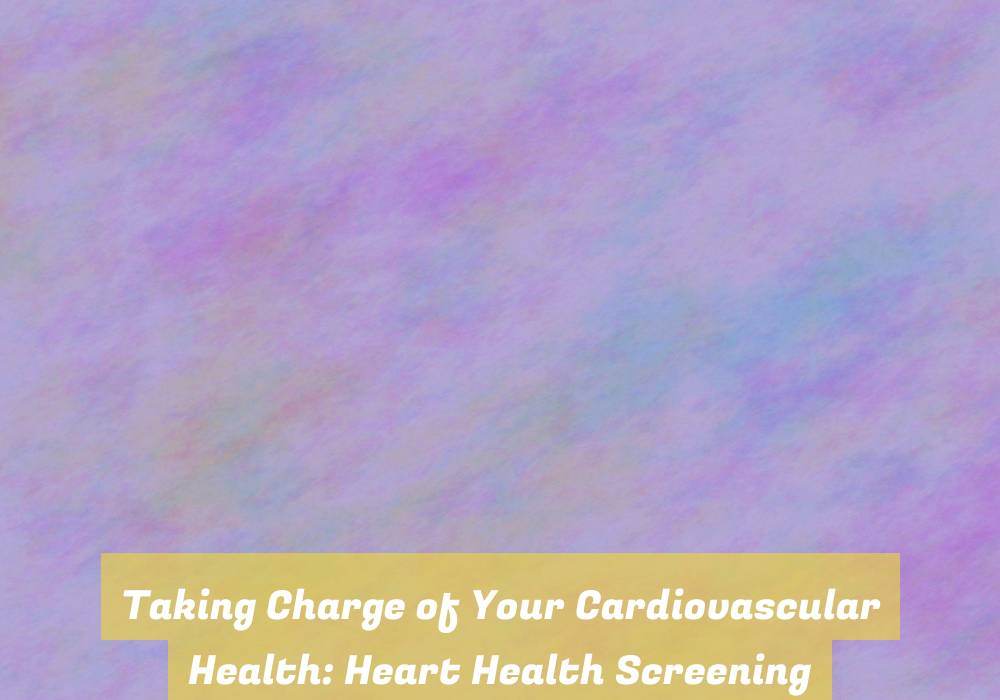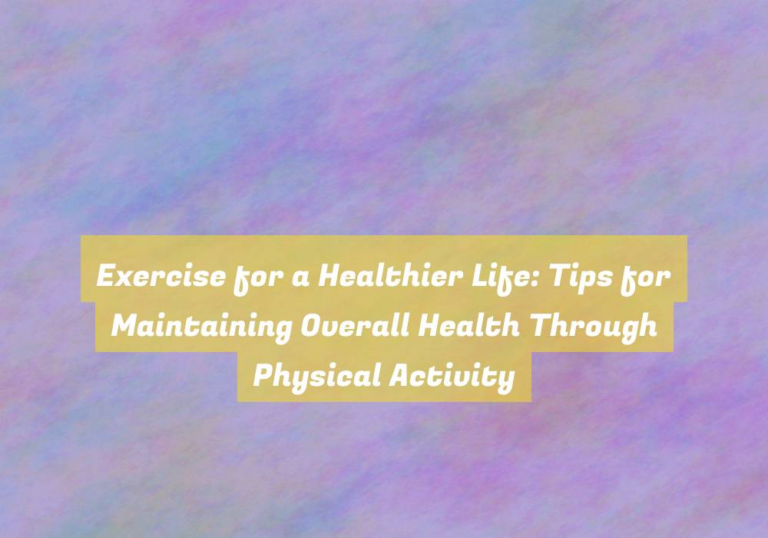Taking Charge of Your Cardiovascular Health: Heart Health Screening
You may not realize that cardiovascular disease remains the leading cause of death globally, claiming an estimated 17.9 million lives each year.
However, taking charge of your heart health through regular screenings can significantly reduce your risk of developing heart-related issues.
By understanding the importance of heart health screening and the various tests available, you can gain valuable insights into your cardiovascular well-being and take proactive steps to maintain a healthy heart.
Importance of Heart Health Screening
Taking charge of your heart health through regular screenings is essential for early detection and prevention of potential heart issues. By undergoing heart health screenings, you can identify risk factors such as high blood pressure, high cholesterol, and diabetes, which are crucial in the early prevention of heart disease. These screenings also enable healthcare professionals to assess your overall cardiovascular health and provide personalized recommendations to help you maintain a healthy heart. Furthermore, early detection through screenings can lead to timely interventions, potentially preventing the progression of heart conditions and reducing the risk of complications.
Regular heart health screenings empower you to make informed decisions about your lifestyle and medical care. They provide you with a comprehensive understanding of your heart health status, allowing you to take proactive measures to improve or maintain your cardiovascular well-being. Additionally, screenings can serve as a source of motivation, encouraging you to adopt healthy habits and adhere to medical recommendations for better heart health. By prioritizing heart health screenings, you demonstrate a proactive approach to managing your well-being and safeguarding yourself against potential heart-related complications.
Types of Screening Tests
To assess your heart health, various screening tests are available to identify risk factors and assess your cardiovascular well-being.
One common test is the blood pressure measurement, which evaluates the force of blood against artery walls. High blood pressure can strain the heart and increase the risk of heart disease.
Another essential screening is a blood test to measure cholesterol levels, including LDL (bad) cholesterol, HDL (good) cholesterol, and triglycerides. High cholesterol levels can lead to plaque buildup in the arteries, increasing the risk of heart attack and stroke.
Additionally, a fasting blood glucose test can detect diabetes or prediabetes, conditions that elevate the risk of cardiovascular disease.
An electrocardiogram (ECG or EKG) records the heartG??s electrical activity, helping identify irregularities such as abnormal heart rhythms or damage from a previous heart attack.
For individuals at higher risk, a stress test may be recommended to assess the heartG??s performance under physical stress.
These screening tests play a crucial role in identifying potential issues early, allowing for timely intervention and the promotion of heart-healthy lifestyle changes.
Understanding Screening Results
After completing the heart health screening tests, youG??ll receive your results. ItG??s important to understand what they indicate about your cardiovascular well-being.
The results will provide valuable insights into the state of your heart health. One key aspect to focus on is your cholesterol levels. Elevated LDL cholesterol and reduced HDL cholesterol can increase your risk of heart disease.
Additionally, pay attention to your blood pressure readings. High blood pressure can strain the heart and blood vessels, leading to serious health issues.
Another crucial factor is your blood sugar levels. Elevated levels could indicate a risk of diabetes, which in turn can impact your cardiovascular health.
Understanding these results will empower you to take proactive steps towards improving your heart health. ItG??s important to discuss the results with your healthcare provider, who can provide guidance on lifestyle changes, medication, or further testing if necessary.
Strategies for Maintaining Heart Health
Now that you have a better understanding of your heart health screening results, itG??s important to focus on implementing strategies to maintain a healthy cardiovascular system.
One of the most effective ways to maintain heart health is through regular physical activity. Aim for at least 150 minutes of moderate-intensity exercise per week, such as brisk walking, cycling, or swimming. Additionally, incorporating strength training exercises at least two days a week can further benefit your heart health.
Diet plays a crucial role in maintaining a healthy heart. Focus on consuming a variety of fruits, vegetables, whole grains, lean proteins, and healthy fats. Limit your intake of saturated and trans fats, sodium, and added sugars. Maintaining a healthy weight is also essential for heart health, so be mindful of portion sizes and aim for a balanced diet.
Managing stress is important for your cardiovascular health. Practice relaxation techniques such as deep breathing, meditation, or yoga to reduce stress levels. Getting an adequate amount of quality sleep is equally vital for heart health.
Conclusion
So, take charge of your cardiovascular health by getting regular heart health screenings.
Understand the importance of these screenings, the types of tests available, and how to interpret the results.
With this knowledge, you can take proactive steps to maintain a healthy heart, such as improving your diet, exercising regularly, and managing stress.
DonG??t wait until itG??s too late – prioritize your heart health today for a healthier tomorrow.








It’s really eye-opening to see statistics like that on cardiovascular disease. Just recently, I had my annual check-up and was surprised by how much my doctor emphasized the importance of screenings. It made me think about how often we prioritize other aspects of our health while neglecting the heart.